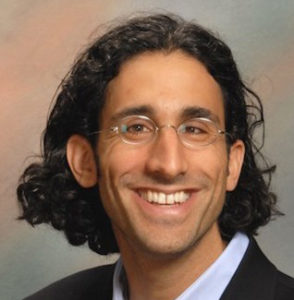The Moscow Patriarchate’s Constitution: How the Russian Orthodox Church Champions the Kremlin’s Battle Against “Falsification”
 Robert C. Blitt is the Toms Foundation Distinguished Professor of Law, University of Tennessee College of Law
Robert C. Blitt is the Toms Foundation Distinguished Professor of Law, University of Tennessee College of Law
Russia’s 2020 constitutional amendments provide fresh succor for the Kremlin’s longstanding foreign policy priorities. These priorities include fortifying a muscular vision of sovereignty, non-interference, and a multipolar international order; disseminating “traditional values;” defending rights of compatriots living abroad; and cracking down on the so-called “falsification” of Russia’s WWII history that tarnishes the country’s reputation. Given the Russian Orthodox Church-Moscow Patriarchate’s (ROC) consistent support for these priorities, its role as a vital Kremlin soft power lever is poised to deepen in the coming years.


